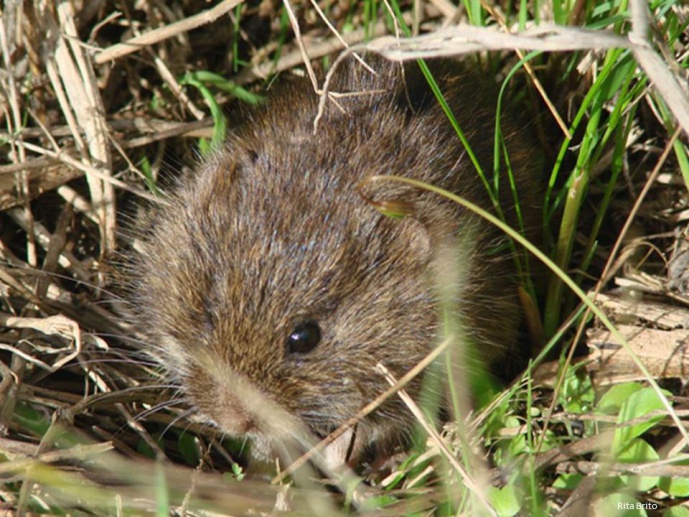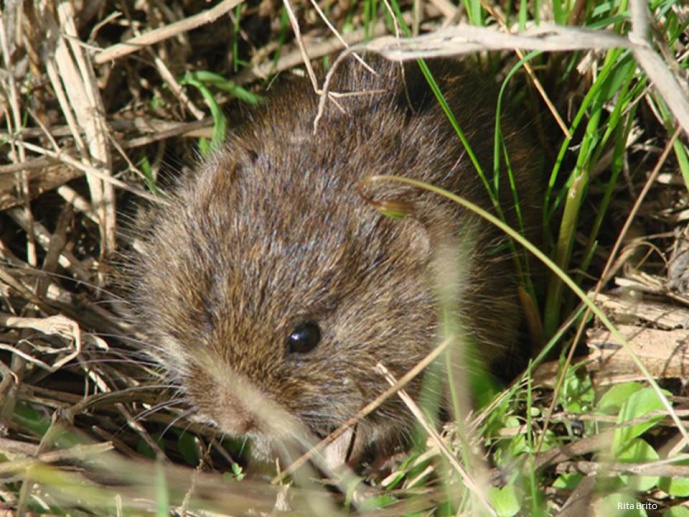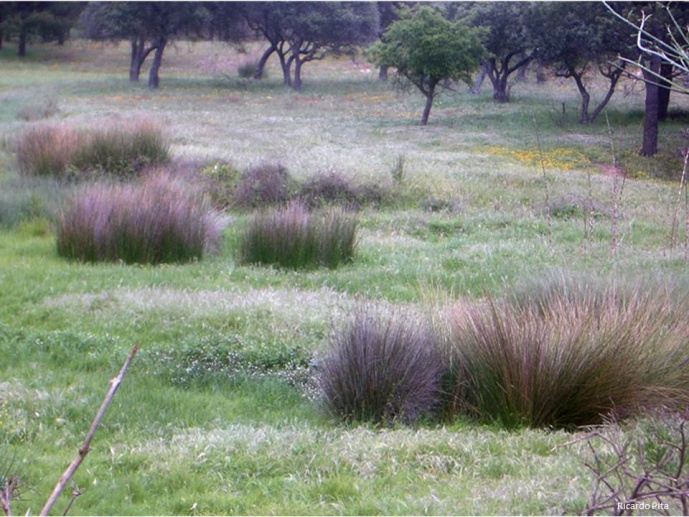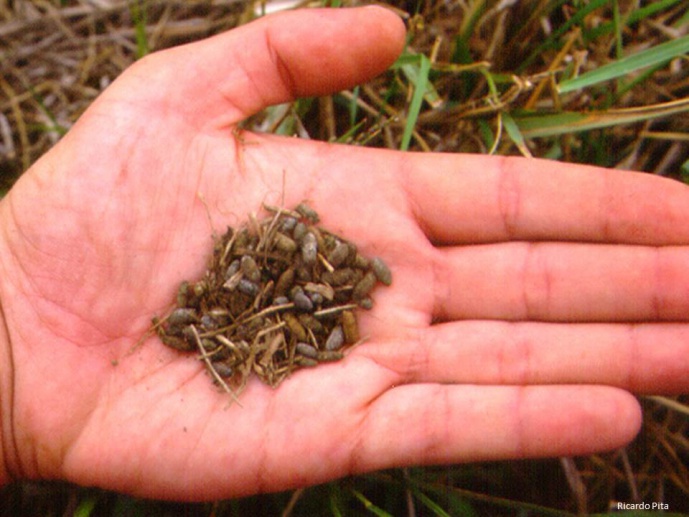MateFrag - Impacts of habitat fragmentation on social and mating systems: testing ecological predictions for a monogamous vole through non-invasive genetics
Studies of the effects of habitat fragmentation on biodiversity have revealed large impacts on species distribution and abundance patterns. Although they provide important conservation guidelines to counteract the negative impacts of habitat fragmentation, inferences from these studies are mostly correlative, and inherently unable to identify causation. A greater focus on the demographic and behavioural processes that determine species vulnerability to fragmentation is thus required to properly understand population viability in human-dominated landscapes. Key, relevant, within-population processes affecting reproductive success and thus population persistence include social interactions, mating systems, and the formation of kin-structures.
Our thesis is that the impacts of habitat fragmentation on species social and mating systems predict how individual behaviours impact population viability. We expect fragmentation will critically affect the population performance of species employing monogamous mating system, because such species are notoriously more susceptible to stochasticity and prone to extinction events than those species exhibiting polygamous or polygynous mating systems.
In this project we will use parentage and genetic relatedness analysis combined with non-invasive genetics to answer fundamental questions with populations of the monogamous Iberia-endemic Cabera vole in SW Portugal fragmented landscapes. In particular, we will use species-specific microsatellite markers and genotyping protocols recently developed and optimized for feacal samples to test the general prediction that habitat fragmentation impacts on the social structure and mating systems, reducing reproductive success, and thus the likelihood of population long-term persistence. We will deploy these techniques on a large number of archived as well as newly collected samples from landscapes differing in fragmentation lavels. We will then use both empirical- and simulation-based modelling techniques to commend conservation prescriptions for defeating the impacts of habitat fragmentation on social interactions and mating strategies employed by monogamous species in fragmented landscapes.

Pedro Beja
Clara Maria Ferreira, Russell Alpizar-Jara






